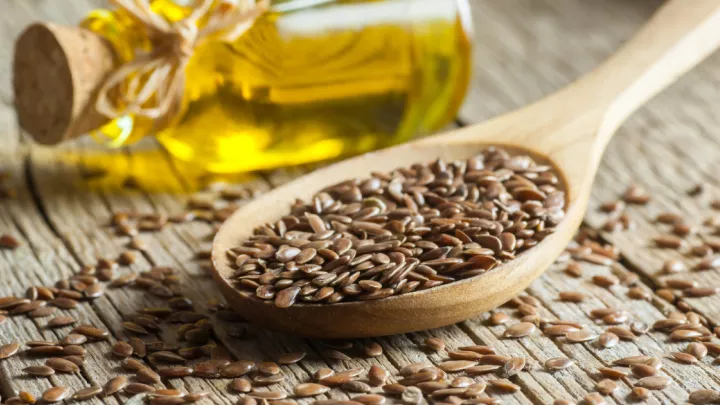Fermented foods: Friend or foe?

Fermented foods are foods – or beverages – allowed to grow different microbes, such as bacteria and yeast. These microbes “eat” the naturally occurring sugars in foods and beverages. This process results in byproducts like alcohol or carbon dioxide, which make the food fizzy or bubbly.
Fermentation changes the food and was initially used to preserve foods that would spoil quickly before modern refrigeration. Not only does fermentation prevent spoilage, but it can add flavor, too. Fermented foods also contain probiotics – good bacteria that supports your digestive health.
Benefits of fermented foods
- Increases good or helpful gut bacteria.
- Lowers inflammation.
- Improves nutrient absorption.
- May decrease the risk of cardiovascular disease, high blood pressure, diabetes and obesity.
Examples of fermented foods
There are many types of fermented foods from across the globe. A few prominent examples include:
- Kefir – a drink made from fermented milk (typically cow, sheep or goat’s milk).
- Kombucha – made from fermented black tea often flavored with fruit juice.
- Sauerkraut – fermented raw, thinly sliced cabbage.
- Miso – fermented soybean paste often used for seasoning (similar to soy sauce).
- Kimchi – fermented and salted vegetables with a variety of seasonings.
- Yogurt – fermented milk.
Are all fermented foods good?
Manufacturers often make store-bought foods in a way that can kill the live microbes that give fermented foods their benefits. Likewise, fermented foods that have been filtered, heated or canned most likely do not have any live microbes.
When buying fermented foods, look for the words “live and active cultures”, often found in the refrigerated section. Making your own fermented foods is a great way to ensure they’re fresh and full of live microbes.
Fermented foods and cancer
Some research has shown that fermented foods can decrease cancer risk. While current evidence is mixed, fermented foods can still be a great addition to any healthy diet, especially if they help you enjoy eating vegetables (kimchi) or have a source of calcium (kefir, yogurt). Fermented foods add bold flavor and variety to your diet while serving as an excellent source of probiotics.
Contact our Cancer Survivorship Program, which includes nutritional guidance from Nebraska Medicine registered dietitians.







